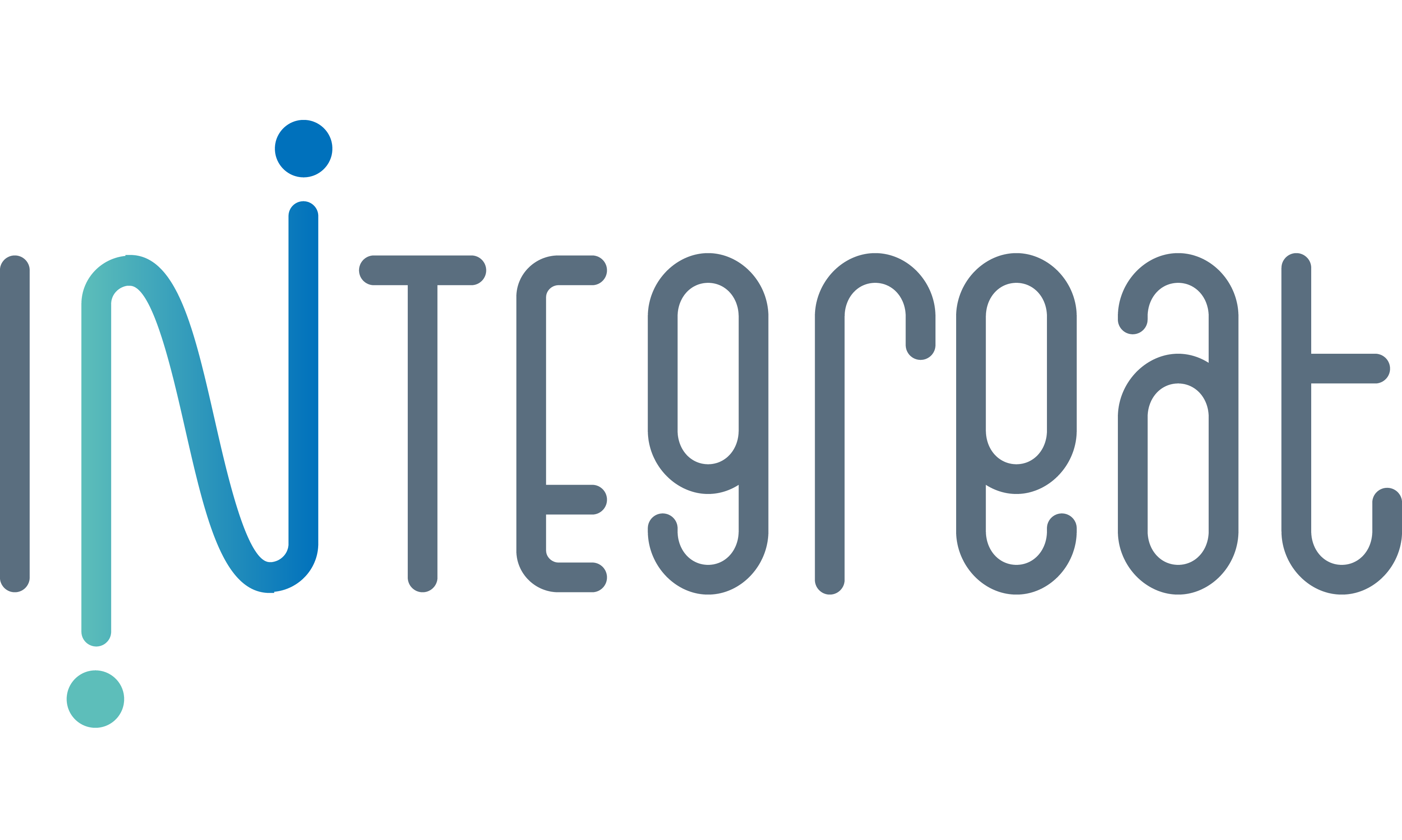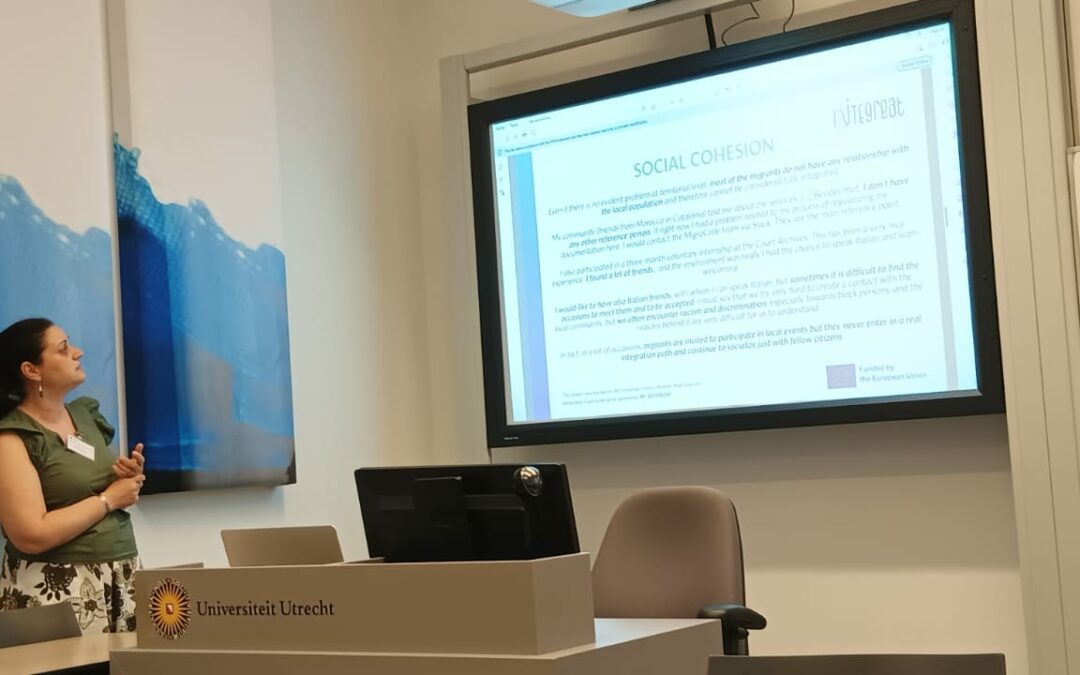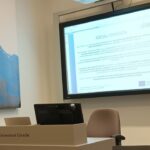In recent years, the integration of migrants into host communities has emerged as a pressing concern across Europe. Effective migrant inclusion requires the active engagement of multiple stakeholders. From policymakers and researchers to civil society organizations and the migrants themselves, each group plays a vital role in creating an inclusive environment that fosters mutual understanding and shared growth.
Successful integration goes beyond mere policy formulation; it necessitates meaningful collaboration among diverse stakeholders. Engaging these parties ensures that integration policies are not only well-intentioned but also grounded in evidence and reflective of the actual needs of migrants. This collaborative approach allows for a more nuanced understanding of the challenges faced by migrants, enabling policymakers to develop strategies that are responsive to their unique circumstances.
One of the key insights is the importance of incorporating the lived experiences of migrants into the policymaking process. By actively involving migrants in discussions about their needs and aspirations, stakeholders can create policies that genuinely address the complexities of integration. This participatory approach fosters a sense of ownership among migrants, making them active contributors to their own integration journey rather than passive recipients of aid.
Trust and transparency are essential components of effective stakeholder engagement. Ongoing dialogue between various actors—migrants, policymakers, researchers, and civil society organizations—builds trust and fosters a collaborative spirit. When stakeholders engage in open conversations about integration challenges, they can collectively explore solutions and develop policies that align with real-world experiences. Moreover, transparency regarding how stakeholder input will be utilized is crucial for maintaining trust. Stakeholders need to understand how their contributions influence policy decisions and implementation processes. By establishing clear communication channels and feedback mechanisms, stakeholders can ensure that their voices are heard and valued.
Therefore, research and academia play a pivotal role in supporting stakeholder engagement in migrant integration efforts. Evidence-based policymaking relies on robust research to inform strategies for inclusion. Academic institutions can provide valuable insights into best practices, identify gaps in existing policies, and offer innovative solutions to complex integration challenges. Furthermore, by collaborating with practitioners and civil society organizations, researchers can ensure that their findings are relevant and applicable to real-world situations. This synergy between research and practice enhances the overall effectiveness of integration policies by grounding them in empirical evidence.
In this sense, civil society organizations are instrumental in facilitating stakeholder engagement and driving inclusive integration strategies. As frontline actors working directly with migrant communities, such organizations have unique insights into the barriers migrants face and the resources they require for successful integration. Their involvement ensures that policies remain relevant and effective. Civil society organizations can help facilitate access to essential services such as language training, employment support, and legal assistance. By providing these resources, they empower migrants to navigate their new environments more effectively.
Engaging stakeholders in collaborative research for migrant inclusion is critical for developing effective strategies that reflect the realities faced by those involved. A collaborative approach enhances policy relevance while building trust among stakeholders, ensuring that integration efforts are sustainable over time. Prioritizing stakeholder engagement allows us to harness the collective expertise of diverse actors, moving closer to creating inclusive societies where all individuals have the opportunity to thrive. Successful integration is not merely a policy goal but an ongoing process characterized by mutual understanding and shared growth.
As we continue to navigate the complexities of migration in Europe, initiatives like the INTEgreat project exemplify how collaborative efforts can lead to meaningful change. By fostering partnerships among policymakers, researchers, civil society organizations, and migrants themselves, we can work towards building communities that embrace diversity and foster inclusion for all.




